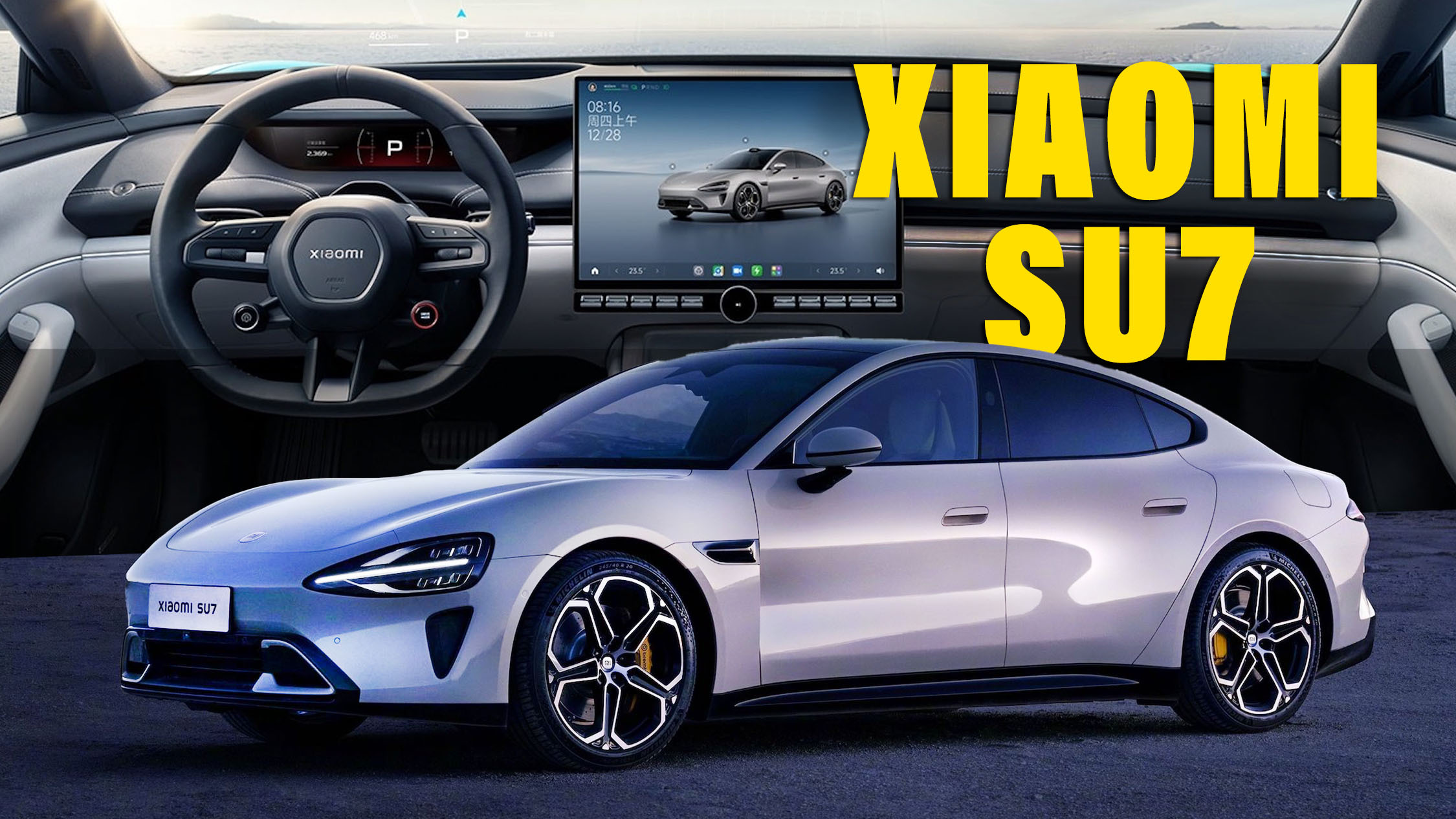Xiaomi, a leading Chinese consumer tech giant, is set to make its grand entrance into the electric vehicle (EV) market with the launch of its first-ever EV at a press conference in Beijing on Thursday. This move positions Xiaomi within the fiercely competitive landscape of the world’s largest car market.
China’s EV sector has experienced exponential growth in recent years, fueled by government purchasing subsidies that were phased out in late 2022. This growth has led to a proliferation of domestic automakers vying for market dominance, sparking intense price competition among industry players.
Xiaomi, renowned globally for its affordable smartphones and sleek home appliances, is now venturing into the automotive realm with CEO Lei Jun boldly staking his reputation on the line with the SU7 EV. The company aims to challenge established Chinese automotive giant BYD and Elon Musk’s Tesla.
The SU7 boasts a sleek and sporty design, available in vibrant colors such as blue bay, olive green, or elegant grey. Lei Jun highlights innovative features like “sound simulation” designed to emulate the exhilarating experience of driving a sports car.
While the exact pricing remains undisclosed, Lei has promised that the SU7 will offer the best aesthetics, driving performance, and smart features at a price point below 500,000 yuan ($69,200). Analysts, however, anticipate a more competitive pricing strategy, expecting the EV to fall within the range of 200,000 to 250,000 yuan.
This pricing range aligns with the most competitive segment in the Chinese EV market, according to Johnson Wan, an analyst at Jefferies Financial Group Inc, indicating Xiaomi’s strategic positioning to capture market share.
China, grappling with the challenges of climate change, has set ambitious goals to transition towards electric and hybrid vehicles, aiming for domestic car sales to be predominantly electric or hybrid by 2035.
Xiaomi’s EV debut coincides with BYD’s record annual profits announcement, solidifying its position as the world’s top seller of EVs. Despite challenges in the market, including lagging automobile consumption and market fluctuations, BYD remains focused on its expansion efforts beyond China’s borders.
Rivals like XPeng are also navigating the competitive landscape, reporting financial losses amid fierce competition and market dynamics.
Overall, Xiaomi’s foray into the EV market underscores China’s pivotal role in shaping the future of electric mobility and signals intensified competition among industry players vying for leadership in this rapidly evolving sector.









